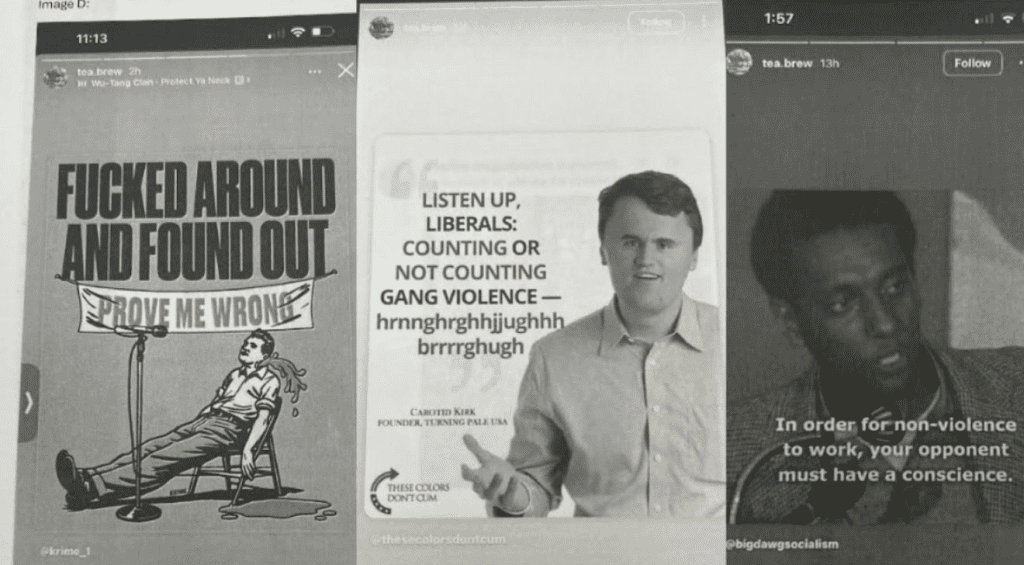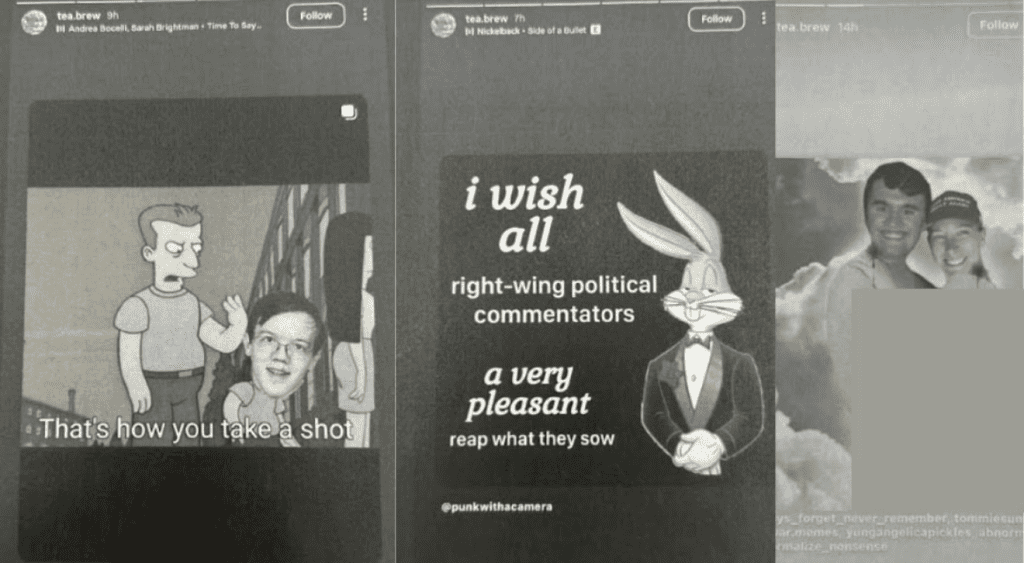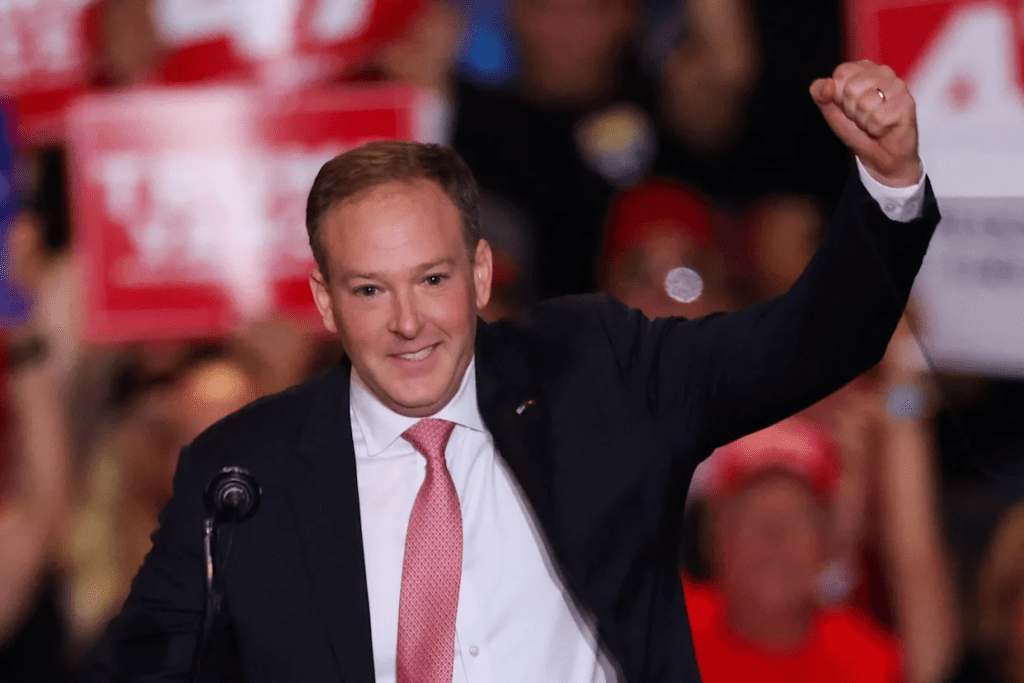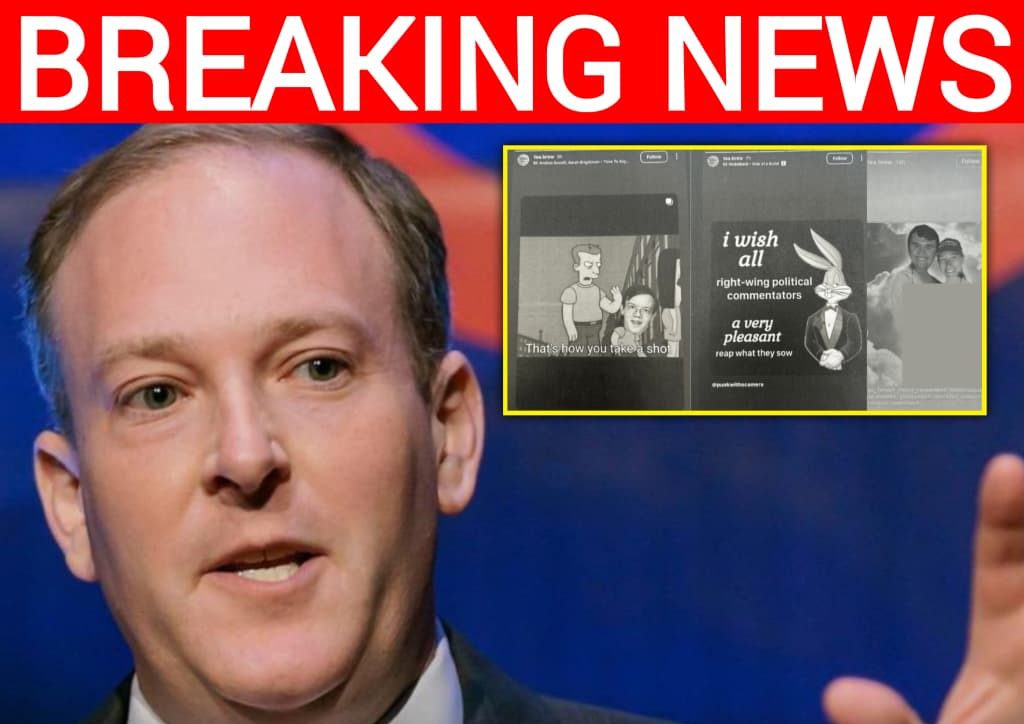EPA Administrator Lee Zeldin Terminates Employee for Posting Memes Celebrating Charlie Kirk’s Killing Amid Growing Scrutiny of Federal Workers’ Social Media
The fallout from the assassination of conservative activist Charlie Kirk has taken another sharp turn inside the federal government. On October 2, 2025, Environmental Protection Agency Administrator Lee Zeldin announced the firing of an EPA employee after they were found posting memes on Instagram celebrating Kirk’s death. The move came swiftly, following growing outrage that a taxpayer-funded employee would openly glorify political violence online.

The posts, which spread quickly on social media, included edited Simpsons and Bugs Bunny memes. One suggested that right-wing commentators were simply “reaping what they sow,” while another bluntly declared “fucked around and found out,” laid over images referencing Kirk’s killing. For many observers, the idea that a federal employee would joke about or applaud the sniper attack at Utah Valley University on September 10 crossed a line that could not be ignored. The assassination itself had already rattled the country, but seeing it turned into online humor struck a new nerve.

Zeldin’s decision to fire the employee underscored how seriously the administration is treating the issue of federal workers’ social media conduct. In his announcement, he stressed that no American taxpayer should ever have to pay the salary of someone who uses their platform to celebrate acts of violence, especially one as shocking as the murder of a public figure. His move quickly drew praise from conservatives online, with many arguing that it set the right precedent in an era where the boundaries between personal social media expression and professional accountability are constantly being tested.
The backlash against the fired employee was not limited to one side of the political aisle. Even some who disagreed with Kirk’s politics expressed discomfort with the idea of celebrating his death, particularly when done by someone entrusted with public service responsibilities. To many, it wasn’t just about the individual’s political leanings but about the principle of maintaining standards in government.

The memes themselves became part of the story, shared and dissected thousands of times. Their casual tone, juxtaposed with the severity of the assassination, highlighted the sometimes reckless nature of online culture, where shocking content often spreads faster than thoughtful commentary. Critics argue that while free speech rights must be respected, public employees bear an additional responsibility not to erode trust in the institutions they serve. In this case, the association between the EPA and the offensive posts, however indirect, risked damaging that trust.
This episode also fits into a wider pattern that has emerged since Kirk’s killing. Other agencies have reportedly dealt with similar firings or disciplinary actions after employees were found making inflammatory posts about the assassination. The cumulative effect suggests a reckoning is underway in Washington over how federal staff conduct themselves online, particularly in politically charged moments.

For Zeldin, the firing was both a symbolic and practical step. Symbolic in the sense that it draws a hard line against celebrating violence, and practical in that it demonstrates swift accountability. For the employee involved, it marks an abrupt end to their career in federal service, a reminder that online actions carry very real consequences in today’s hyper-connected environment.
As the country continues to process the assassination of Charlie Kirk and its political ripple effects, stories like this one reflect the heightened sensitivity surrounding both political discourse and government credibility. What was once seen as a personal opinion posted in the blur of social media now has the power to cost a job, spark a national conversation, and remind Americans of the fragile line between free expression and public accountability.



